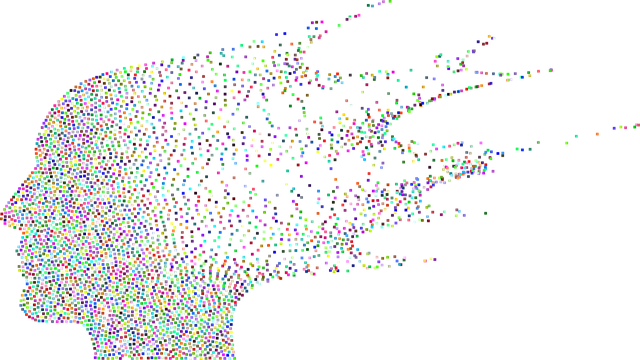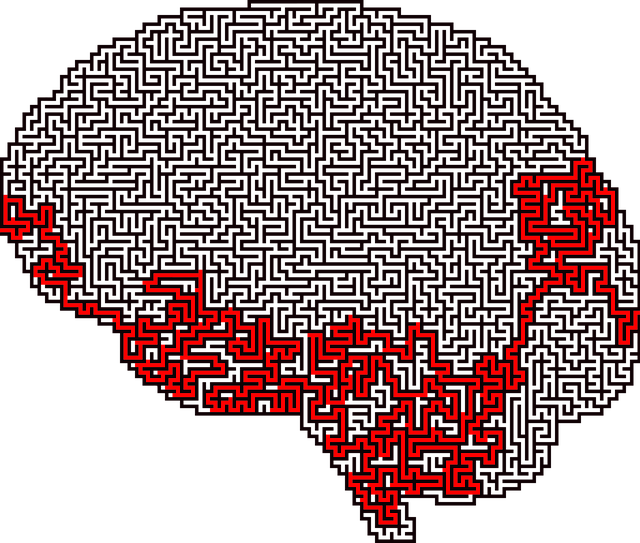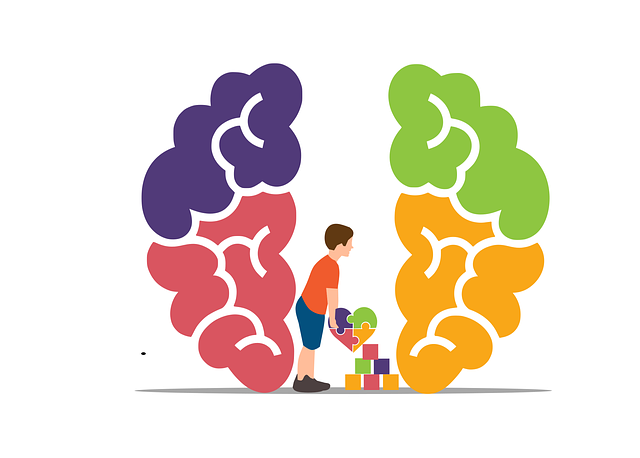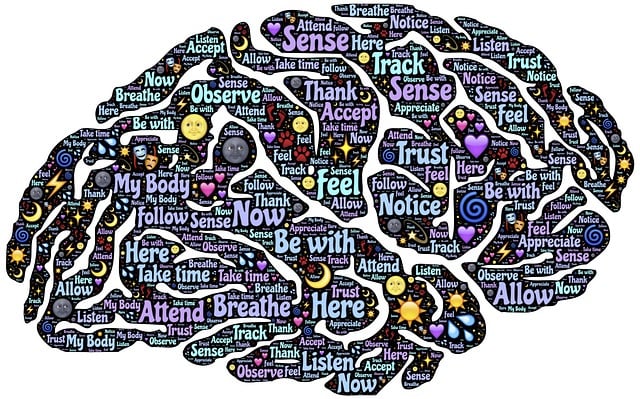Louisville International Adoptions Therapy (LIAT) focuses on building resilience in adopted individuals with diverse developmental needs using the Risk, Resilience, and Strengths (RFM) Framework. They offer evidence-based practices like stress reduction and compassion cultivation through tailored exercises in Mental Health Education Programs. LIAT tracks success through quantifiable outcomes, behavioral changes, and client/therapist feedback to ensure their programs remain effective and tailored to community needs, as demonstrated by refined risk assessment strategies for at-risk youth.
Louisville International Adoptions Therapy has pioneered innovative approaches to building resilience, utilizing the RFM (Resilience, Flexibility, Mastery) framework. This article explores how their implementation of RFM-based exercises enhances emotional well-being and coping mechanisms among participants. Through case studies and expert insights, we delve into the successful integration of these programs, highlighting their impact on fostering resilience in challenging situations, particularly relevant to adoption communities. Discover practical strategies for enhancing support systems and personal growth.
- Understanding RFM and Its Role in Resilience Building
- Implementing Resilience Exercises at Louisville International Adoptions Therapy
- Measuring Success and Continuously Enhancing the Program
Understanding RFM and Its Role in Resilience Building

Resilience is a cornerstone of emotional well-being, enabling individuals to navigate life’s challenges with adaptability and bounce back from adversity. Louisville International Adoptions Therapy (LIAT) recognizes the importance of building resilience, particularly for adopted individuals who may face unique developmental considerations.
RFM, or Risk, Resilience, and Strengths Framework, is a structured approach LIAT utilizes to assess and foster resilience. This framework goes beyond merely identifying risks by focusing on an individual’s inherent strengths and adaptive capabilities. By employing stress reduction methods, compassion cultivation practices, and other evidence-based techniques, LIAT helps clients build upon their existing resources to enhance their ability to cope with life’s stressors and navigate difficult circumstances. Understanding a client’s unique risk assessment for mental health professionals allows for personalized interventions that target specific vulnerabilities while nurturing resilience for long-term mental well-being.
Implementing Resilience Exercises at Louisville International Adoptions Therapy

Louisville International Adoptions Therapy (LIAT) has recognized the significance of integrating resilience-building exercises into their programs to support clients’ mental wellness and self-esteem improvement. By incorporating tailored activities, LIAT aims to enhance individuals’ ability to navigate life’s challenges. The therapy center designs its Mental Health Education Programs with a focus on fostering adaptability and resilience in participants. Through these exercises, clients learn valuable coping strategies that enable them to build mental fortitude, ensuring better emotional regulation and overall well-being.
With a dedicated team of professionals, LIAT offers a safe space for individuals to explore their strengths and develop effective responses to stressful situations. The center’s commitment to resilience-focused initiatives empowers adoptees and foster care alumni to embrace their unique journeys. By participating in these exercises, clients gain insights into building a robust mental framework, leading to improved confidence and better management of life’s obstacles.
Measuring Success and Continuously Enhancing the Program

Measuring success is a vital aspect of any program’s development and longevity. For Louisville International Adoptions Therapy’s (LIAT) RFM and resilience-building exercises, quantifiable outcomes are essential to demonstrate effectiveness. This involves tracking participant engagement, behavioral changes, and improvements in mental health indicators. By utilizing standardized assessment tools and collecting feedback from both clients and therapists, LIAT can gauge the program’s impact. Regular reviews allow for continuous enhancement, ensuring the exercises remain tailored to the evolving needs of the community.
The Community Outreach Program Implementation at LIAT benefits from this data-driven approach. It enables them to refine their risk assessment strategies, as outlined in their Mental Health Education Programs Design. Through ongoing evaluation, therapists can adapt their resilience-building techniques, fostering a safer and more supportive environment. This dynamic process ensures that the program remains a game-changer in mental health support, particularly for at-risk youth.
The implementation of RFM (Resilience, Flexibility, and Mastery) exercises at Louisville International Adoptions Therapy has proven to be a game-changer in fostering resilience among individuals. By measuring success through various metrics, the program continues to enhance its effectiveness, ensuring that clients develop robust coping mechanisms for life’s challenges. This structured approach, tailored to meet individual needs, is a testament to the power of resilience-building strategies, offering hope and improved well-being for all involved.














